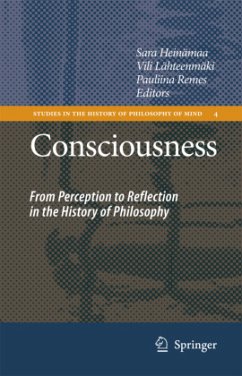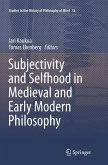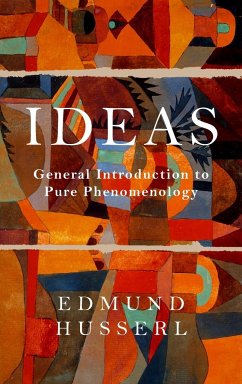SARA HEINÄMAA,VILI LÄHTEENMÄKI AND PAULIINA REMES This book is about consciousness. It illuminates the concept in its complexity and richness, capturing its theoretical and philosophical significance as well as its problematic aspects. By taking a new look into the history of concepts, the collection questions several deep-seated assumptions about consciousness - assumptions both thematic and methodological. It argues that, even though our predecessors did not formulate their philosophical queries in terms of consciousness, they have much to offer to our current disputes concerning its central features, such as reflexivity, subjectivity and aboutness, as well as related themes, from selfhood to attention and embodiment. At the same time, the collection demonstrates that consciousness is not just an issue in the p- losophy of mind, but is bound to ontology, epistemology and moral theory. We can find premodern and early modern concepts and arguments that are interesting and even crucialto our own philosophical concerns, but we should not assume that these belong or contribute to any theory of mind isolated from metaphysical and ethical discussions: an argument that for us provides insightful descriptions of perception or self-awareness might to its writer have meant not just a theoretization of the soul or the mind, but also, and perhaps more importantly, a contribution to ethics or ontology.
From the reviews: "The fourteen essays collected in this book discuss the similarities and dissimilarities in the concepts related to consciousness from ancient to medieval, Enlightenment and nineteenth and twentieth century philosophy. ... will be of interest to historians of philosophy. ... I found this book an interesting read. There is a comprehensive bibliography, and both a name and subject index that will be helpful to researchers." (Peter B. Raabe, Metapsychology Online Reviews, Vol. 12 (33), August, 2008)








